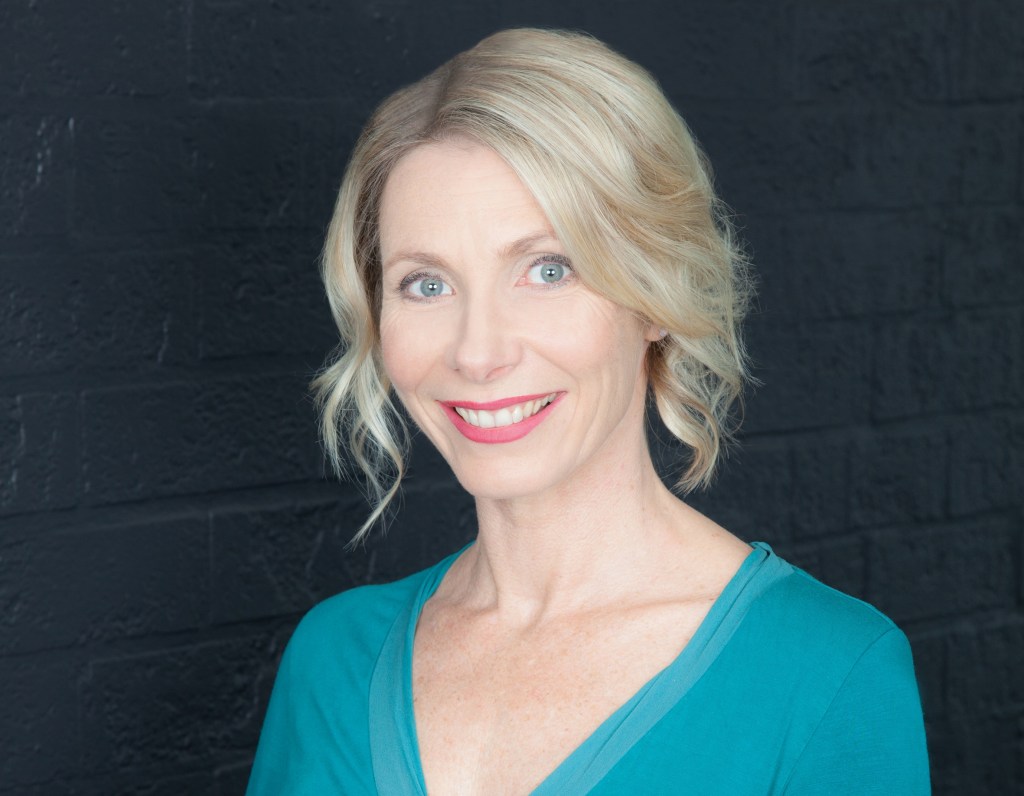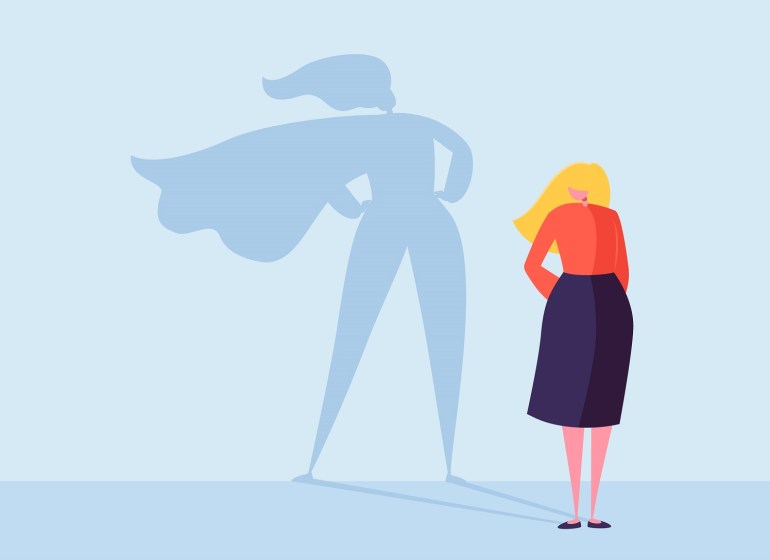Courage and comfort do not ride in tandem. Emmy and AACTA Award-winning producer turned screen sector executive coach Ellenor Cox explains how to learn to feel comfortable with the omnipresent uncomfortableness of fear in our creative pursuits.
In the 1,000s of hours that I’ve spent coaching creative people in our sector, there’s one word that I hear more than any: FEAR. Fear of failure, of rejection, of humiliation through criticism, of poverty, of bitterness towards broken dreams…
I completely relate to this. Fear seems to be an inherent part of choosing a creative career — fear was a constant, if unwanted bedfellow, during my 25 years as an independent film producer.
It’s made me wonder if it’s rational and logical for someone to be afraid of the work they feel they were put on Earth to do. In particular, what is it specifically about creative ventures that seems to make us so nervous of our own and each other’s mental health in a way that other careers don’t?
For instance, my father was a teacher for 40 years, and not once did I ever hear anyone say to him ‘How’s that teaching block going Bill?’ or ‘Aren’t you afraid of being a teacher’?
In an iterview that I read with Norman Mailer just before he died, he said: “Every one of my books has killed me a little more.” It’s an incredible statement to make about your life’s work. But we don’t even blink when we hear somebody say this, because we’ve collectively accepted the notion that creativity and suffering are somehow inherently linked.
Let’s unpack this a little more, and consider strategies to build resilience against the unique challenges that manifest for creative people in their careers in the form of constant knock backs and rejection, job uncertainty and the omnipresent public and peer critical review of our precious creative outputs.
But first, a quick and relevant history lesson… In order to create some kind of protective psychological construct to distance us from our creative angst, the Greeks and Romans determined that our creativity was not internally generated, but rather the result of divine attendant spirits; ‘daemons’ or ‘genius’ that came to us from distant and unknowable sources to aid our creative pursuits. If our work bombed, we could just blame our resident Dobby style creative house elf – aka ‘lame genius’ – and not ourselves. But then along came the Renaissance and the new big idea of rational humanism which put the individual human being at the centre of the universe above all gods and mysteries. People started to believe that creativity came completely from the individual themselves, and for the first time in history, people started referring to this or that artist as being a genius, rather than having a genius.

So this is when all the pressure began. We internalised our creativity and in doing so placed often unmanageable expectations on our performance and outputs. It’s this pressure that’s created 500 years of cemeteries filled with artists who died an early death. It’s this same pressure that today makes us sometimes feel like our creative endeavours are just a bridge too far. In the pursuit of that elusive moment of ‘flow’ and
‘creative spark’ we feel that we must do a deal with the devil in order to cope with fear as our constant companion.
So how do we learn to have a more positive relationship with fear? Firstly, let’s understand the role that fear plays in our creative lives. Fear is wired into our psychological DNA to keep us safe and to protect us from pain. In fact, if our brains weren’t exquisitely wired to alert us to potential dangers and protect us, we wouldn’t be here now.
MRI scans of our brains show that as we make about 35,000 decisions a day, our brains are twice as sensitive to potential losses than it is to potential gains. This means that we’re wired to focus on all the things that could go wrong far more than what could go right. We tend to overestimate the risks, underestimate ourselves and catastrophise possible outcomes.
The reality is, it’s uncomfortable to live the life that we’re capable of living, particularly if we’re drawn to a creative life. It’s why courage is what it takes to bridge the gap between who you are and who you could be; between the life you have and
the life you most want.
As Aristotle said: “Courage is the first of all virtues because it makes all others possible”. The bad news is there is no shortcut to courage or a magic bullet to bravery. The good news is that our best defence against fear – courage – is a skill and with all skills it can be learnt and mastered with practise.
Just like you would go to the gym to build your muscles, you can exit your comfort zone to train the brave. Every time you do, and take action in the presence of your fears, you reclaim the power that your fears have had over you. You develop new neural pathways in your brain and get more comfortable being uncomfortable. You expand your confidence for bigger goals and greater challenges, and broaden your horizons.
“Life is a daring adventure or nothing at all,” said Helen Keller. Yet we often treat life as though it’s a dress rehearsal and feel crippled with our fears around our creative pursuits.
You see, rejection and curve balls are part and parcel of what it is to be human. It is part of the human condition at times to feel like the rug has been pulled out from underneath us. But when all we do is play it safe, we actually shrink our ability to deal with the challenges life brings our way.
Turning fear into your ally is a key way to unlock your courage. Ask yourself “What do I need to be afraid of if I don’t take this risk?” Meet your deepest fears head on and ask yourself whether you can trust your ability to handle the worst-case scenario. If the answer is “Yes”, then make the decision to step forward and do whatever it is that most inspires you.
The only way to conquer our fear is to first dare, then believe, and then importantly take action! Otherwise to quote Eleanor Roosevelt, we end up “tiptoeing gently through life only to make it safely to death.”
So next time you’re in the grip of fear, take a page from the Greeks and Romans’ books and turn to your resident deific Dobby and ask for assistance. Whether or not there’s then a divine intervention becomes irrelevant as long as you keep turning up and turning your fears into action.
Ellenor has a range of free resources available to the screen sector at www.ellenorcox.com and is available for individual and team coaching and workshop facilitation.
This article originally appeared in IF Magazine Apr-May #206. Subscribe to the magazine here.


